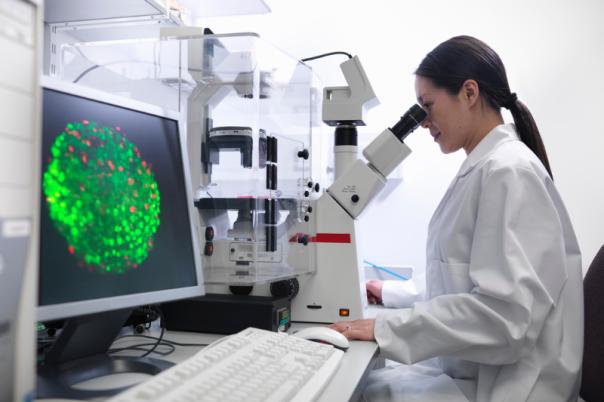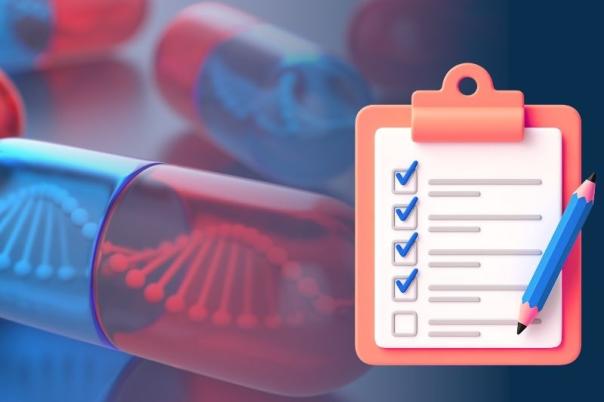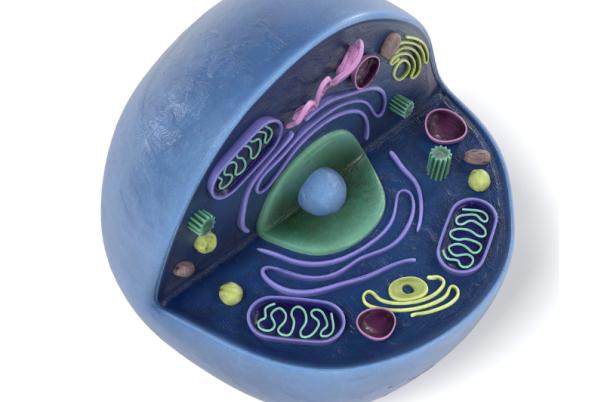While CAR-T cell therapy has been successful in treating blood cancers the technology must be better adapted to treat solid tumours. John Maher, Chief Scientific Officer at Leucid Bio proposes that NKG2D ligands could be used as targets because they mitigate the risk of antigen loss and heterogeneity, which can cause therapeutic failure.
Maher also pointed out that: “These ligands are expressed on both malignant and non-malignant cells within the tumour microenvironment but are relatively absent in healthy tissues.” Further research showed that adapter CAR T cells demonstrated improved metabolic fitness, reduced senescence, and the formation of natural TCR-like immune synapses. These characteristics distinguish them from conventional CAR T cells.
Furthermore, Maher stated that his team armoured the CAR-T cells with a CXCR2 chemokine receptor to improve their ability to localise tumours and infiltrate solid tumours. Imaging studies showed that after 72 hours there were significantly more T cells at the disease area when CAR-T cells were armoured with CXCR2.
In mouse models of solid tumours (e.g., ovarian, pancreatic, colorectal cancers), adapter CAR T cells achieved significant survival benefits, Maher said: “If you armour with CXCR2, you achieve 85% long-term survival in these tumour-bearing mice.” This survival rate was significantly higher than the mouse group that solely received adapter CAR.
To advance this research further, the AERIAL will test this technology in patients with NKG2D ligand-expressing solid tumours. The study will include dose-escalation phases followed by expansion cohorts to evaluate safety and efficacy. Maher’s work represents a pivotal step toward overcoming the barriers of CAR T therapy in solid tumours, an area with high unmet needs.






